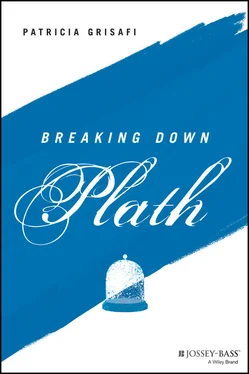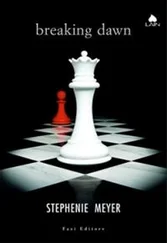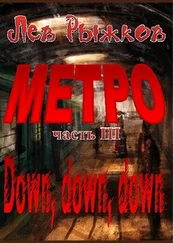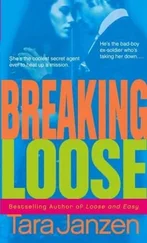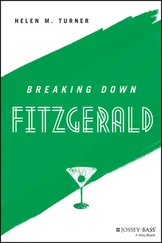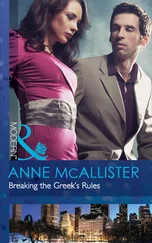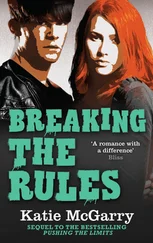Plath was found in the crawlspace with injuries to her face from hitting her head. She was treated and hospitalized at McLean Hospital, a private hospital in Boston renowned for its psychiatry program. Plath's Smith College benefactor Olive Higgins Prouty helped pay for most of Plath's care. Prouty herself had suffered a nervous breakdown and could relate to Plath's struggles. As part of her treatment, Plath received regular therapy sessions, which she found beneficial, with Dr. Ruth Barnhouse Beuscher. She received ECT again, but this time it was administered correctly and actually helped Plath's depression. Plath's work with Dr. Beuscher gave her the tools she needed to manage her mental health and eventually return to school. The two of them would remain in contact for the rest of Plath's life.
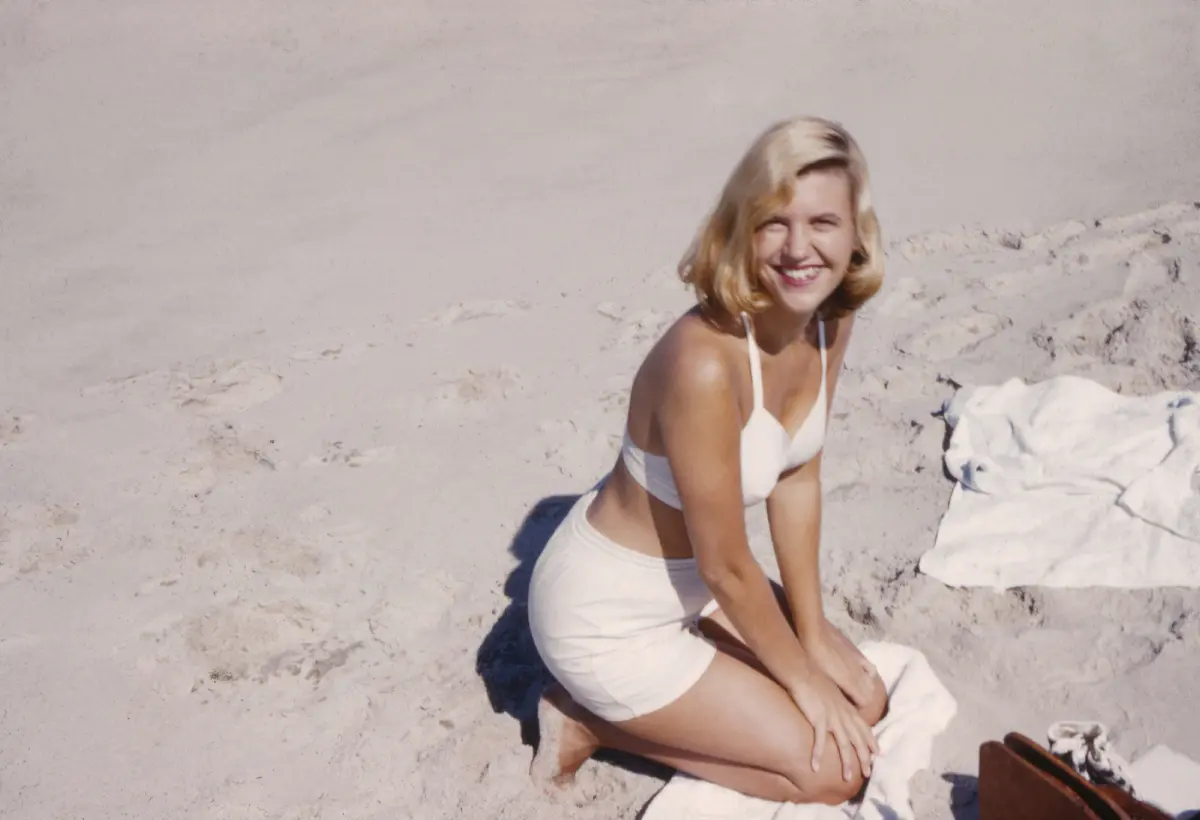
Figure 1.1Plath at the beach, 1954.
Source: Bridgeman Images
After her recovery, Plath threw herself back into college life with fervor—and started to hone her skills and develop the poetic voice that would earn her a respected place in American literature. She finished her college education with high honors and received a Fulbright Scholarship, which would allow her to study English at Newnham College, Cambridge University. She would seek further education abroad, which was not the norm for women during this time.
As an American in England during the 1950s, Plath experienced culture shock—her brash Americanness sometimes uncomfortably set her apart. Acquaintance Jane Baltzell remembered Plath seemed “totally unaware of how her American behavior and talk seemed rather comic to the British” (Wilson, 2013, p. 292). However, she was also exposed to new poets who greatly influenced her—including her future husband Ted Hughes. She had to adjust to a new way of life, a new educational system, and a new set of expected behaviors.
When Sylvia met Ted Hughes in 1956, he had published a few poems in university publications and already was garnering a reputation for powerful and violent poetry about the natural world and human relationships. When the two first met in 1956 at a wild party famously recounted in Plath's journals, she recited bits of his poetry to him. Then, they passionately kissed and Hughes snatched Plath's headband and earrings: “I was stamping and he was stamping on the floor, and then he kissed me bang smash on the mouth and ripped my hairband off…and when he kissed my neck I bit him long and hard on the cheek” ( Unabridged Journals, 2000, p. 212).
Plath believed she had finally met her equal—someone who was smart, strong, creative, and passionate about writing—but the relationship was often volatile. They married after four months in a quiet ceremony and kept the marriage secret (Plath was worried she might lose her Fulbright if the marriage was discovered). The marriage was exceptionally literary from the get‐go. Plath and Hughes settled into a routine of writing and reading each other's work. Much of the time, however, Hughes would write and Plath would act as his secretary, sending out his poetry. He even won an important poetry contest that he didn't know Plath entered on his behalf. However, Hughes did support Plath's writing goals and encouraged her to write. In this way, the two had a more equitable artistic partnership than most.
In the 1950s—even in progressive artistic circles—there was still a sense that men dominated the world of work. Mostly, women were relegated to a more domestic experience: providing support for their husband, taking care of the home, and raising the children. It might be seen as a bonus to have a clever wife who would write sometimes. But Plath bristled against losing her identity as a writer to household drudgery.
In 1957, Plath and Hughes moved to back to the United States to pursue jobs in education. They settled in Massachusetts, and Plath began teaching English at her alma mater, Smith College. Although she was regarded as a good professor, Plath felt that teaching took her away from achieving success as a writer. Both she and Hughes decided to dedicate themselves to writing from then on and only take jobs that could allow them to focus on that goal. At this time, Hughes' poetry collection The Hawk in the Rain had been well received by American poets, and Plath and Hughes were invited to mingle with Boston's literati.
Plath took two part‐time jobs and began auditing classes in Boston taught by well‐regarded and eccentric poet Robert Lowell. This class exposed Plath to yet another kind of writing: “confessional” poetry. Confessional poets like Lowell, John Berryman, and Allen Ginsberg wrote about their personal experiences in explicit terms, often breaking social taboos by writing about sexuality, trauma, or addiction in the first person. Lowell's poetic use of “I” blurred the lines between the writer and the speaker of the poem, inspiring Plath to continue playing with the relationship between art and personal experience. While taking Lowell's class, Plath met fellow poet Anne Sexton. Sexton, who had begun writing poetry after having a nervous breakdown, was flamboyant and open—and she was an important up‐and‐coming poet. Plath and Sexton became friendly and would go out for drinks at the Ritz to talk about poetry and about their struggles with mental illness. As we will explore further in Chapter 3, Sexton became an influence on Plath's poetry.
During this time, Plath was trying to figure out how to move forward in her life as a poet and also become a mother. In 1960, Plath discovered she was pregnant, and she and Hughes decided to move back to England and rent a London apartment. A big year of both successes and setbacks lay ahead. On February 10, 1960, Plath signed a contract for her first book of poetry: The Colossus and Other Poems . A few months later, Plath's daughter Frieda was born. Plath became pregnant again later in the year but had a miscarriage followed by appendicitis. In a letter to Dr. Beuscher, Plath explained that prior to the miscarriage, Hughes had hit her: “Ted beat me up physically a couple of days before my miscarriage: the baby I lost was due to be born on his birthday. I felt this an aberration, & felt I had given him some cause, I had torn some of his papers in half.” Later, Plath would indicate that Hughes also verbally and emotionally abused her as their marriage became strained.
The Colossus and Other Poems received good reviews, but Plath wanted more success and a room of her own. While in recovery from appendicitis, Plath began to plan her first novel as well as write more poetry. By 1961, she was deep at work on The Bell Jar , mostly keeping this project a secret. She and Hughes moved out of London and into the country to a house called Court Green where they would have more space to write. This was a turbulent time in Plath's life but also one of unbridled creativity. Plath was very prolific while at Court Green and somehow in between caring for her daughter, giving birth to her son, Nicholas, and finding out her husband was having an affair, she wrote with great urgency what would eventually become most of Ariel (1965), an extraordinary and genre‐changing collection of poems that would make Plath famous after its posthumous publication.
With the end of her marriage looming, Plath returned to London with her children to start life as a single parent. In January 1963, The Bell Jar was published under the pseudonym Victoria Lucas to mostly positive reviews—but unfortunately Plath did not live to see most of them. Plath had ambitions for her novel but deferentially referred to it as a “potboiler”—meaning a sensationalistic or shocking book. That she chose to publish under a pen name has been interpreted by scholars as evidence that Plath was concerned readers who were familiar with her story (such as friends or family) would see the text as purely autobiographical, since it is the story of a young woman who attempts suicide after an internship at a prestigious women's magazine. Plath wrote to her brother that it was a “secret” and “no one must read it!” To be fair, most of the people written about in The Bell Jar do not appear in a positive light—although this adds to the book's unexpected comedic power.
Читать дальше
